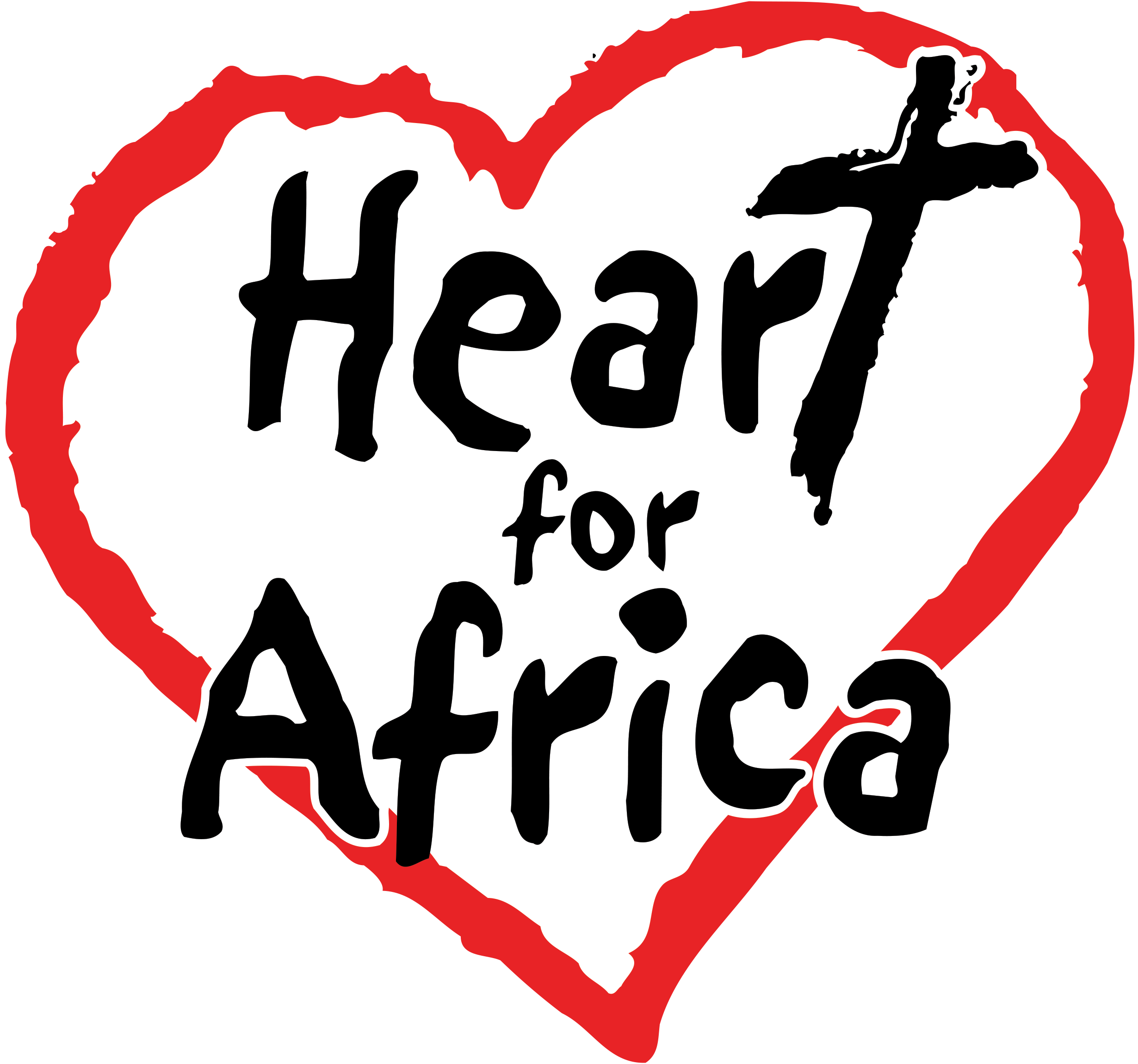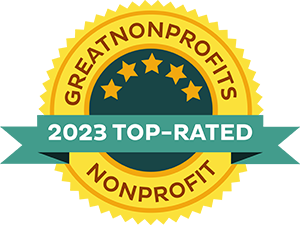Decrease poverty
Expanding employment to lift people out of poverty, provide income and support to others through jobs is a central part of our plan to bring hope and help to the people of Eswatini.
How many people live in poverty in Africa?
Eswatini is a very poor country. It has the 7th highest income inequality in the world, at 54.6%. The proportion of people living in poverty is very high. Nearly 60% of the rural population lives below the national poverty line, living on less than US $1.9 a day. 20% are considered extremely poor. It is estimated that 70% of all Swazis are subsistence farmers, which means they mostly live off what they grow. However, persistent drought conditions in sub-Saharan Africa has prevented the regular planting of crops. No crops, no food.
Poverty and food insecurity lead to desperate people resorting to desperate measures. Young girls have been forced to have sex in return for food or to provide for their siblings. This inevitably results to unwanted pregnancies leading to higher rates of abandoned babies, higher chances of spreading STDs and HIV, and sex trafficking.
Poverty leads to crime. Poverty leads to hopelessness. Poverty kills.
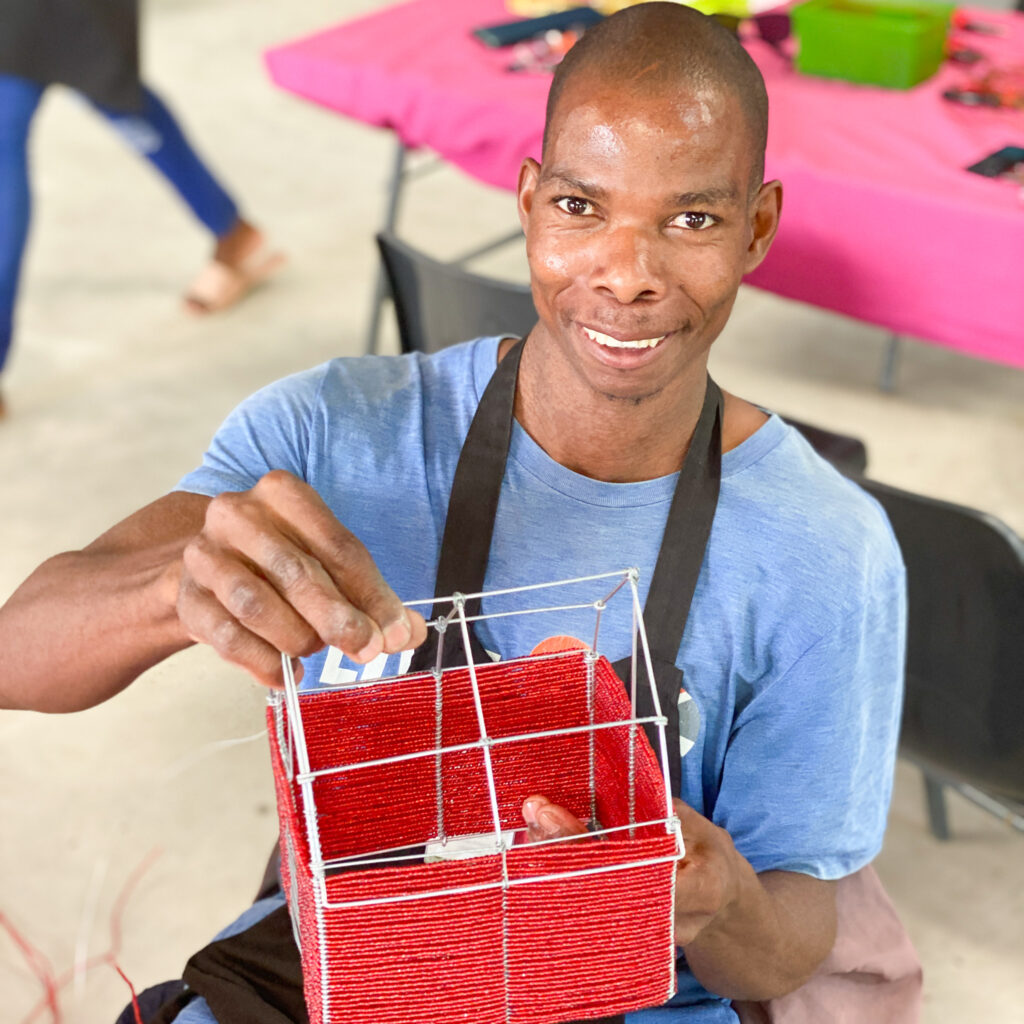
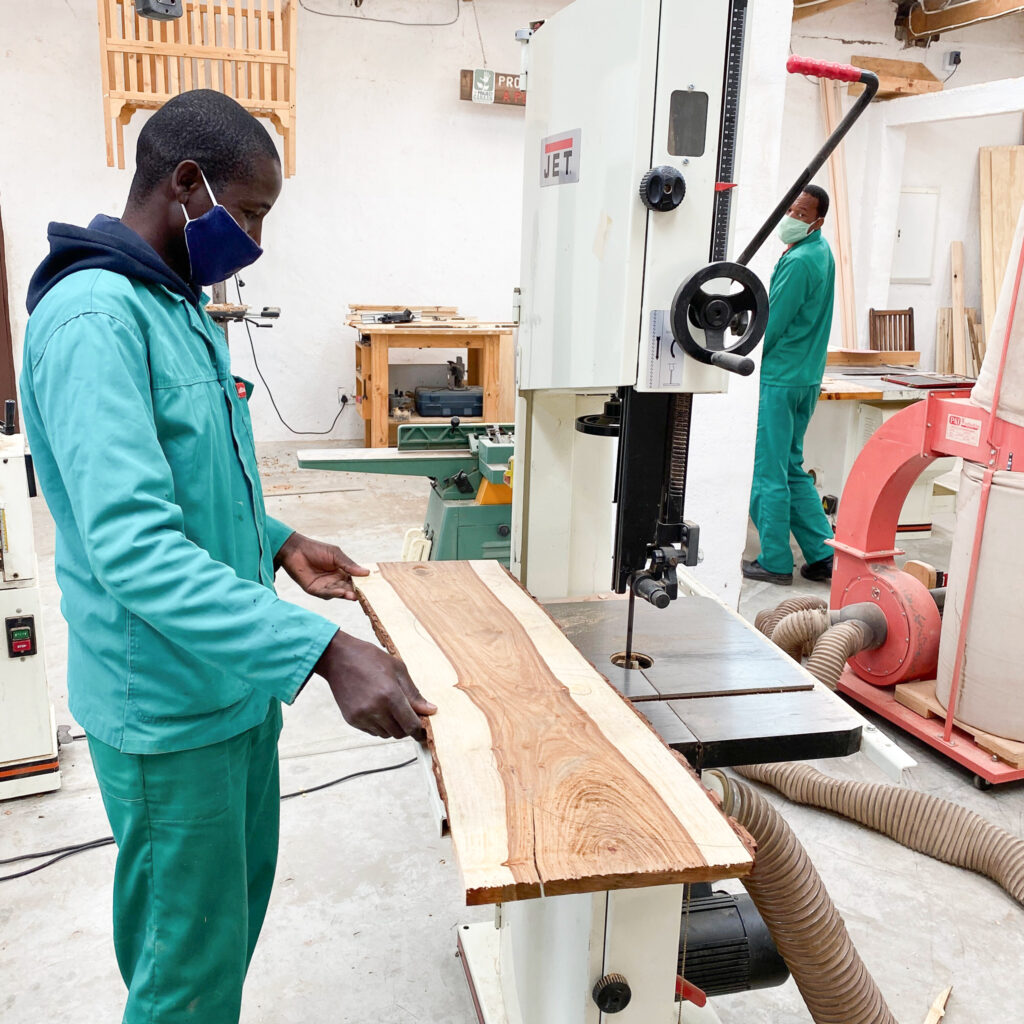
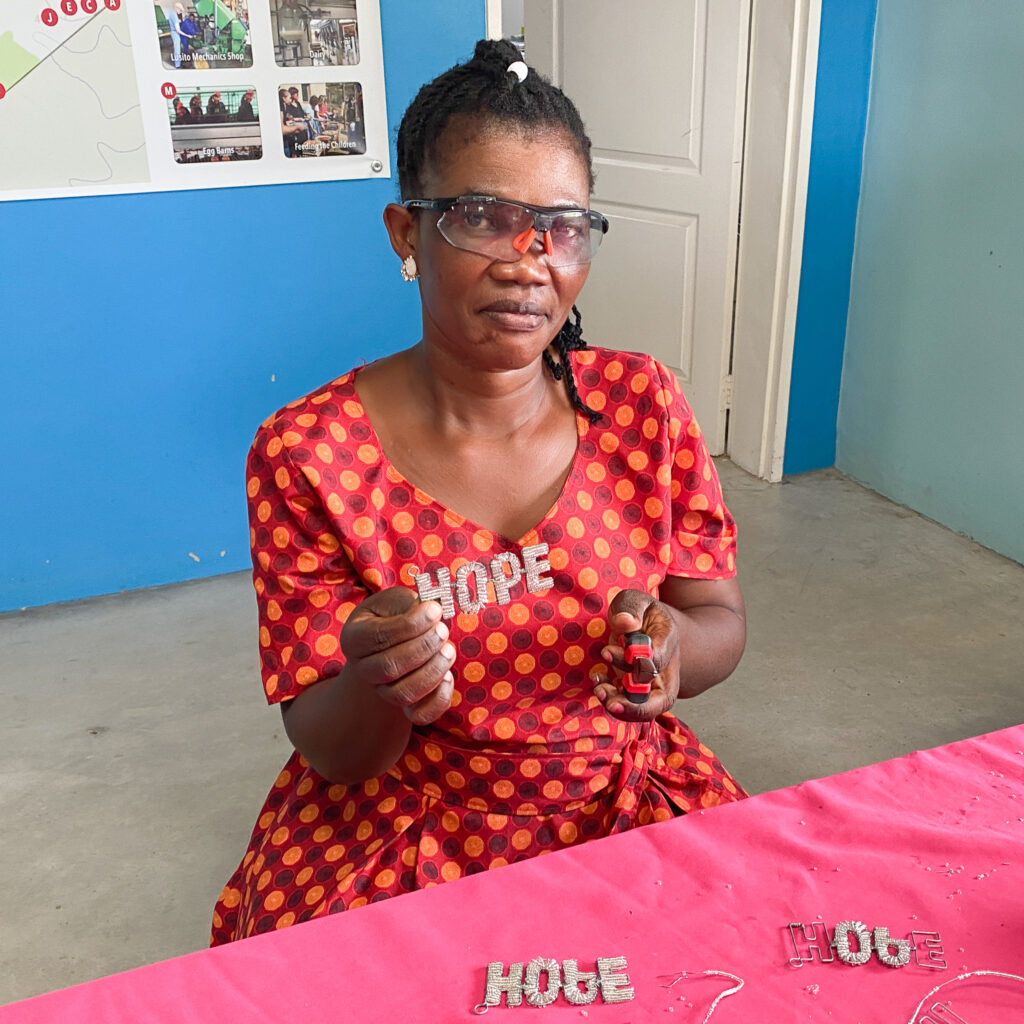
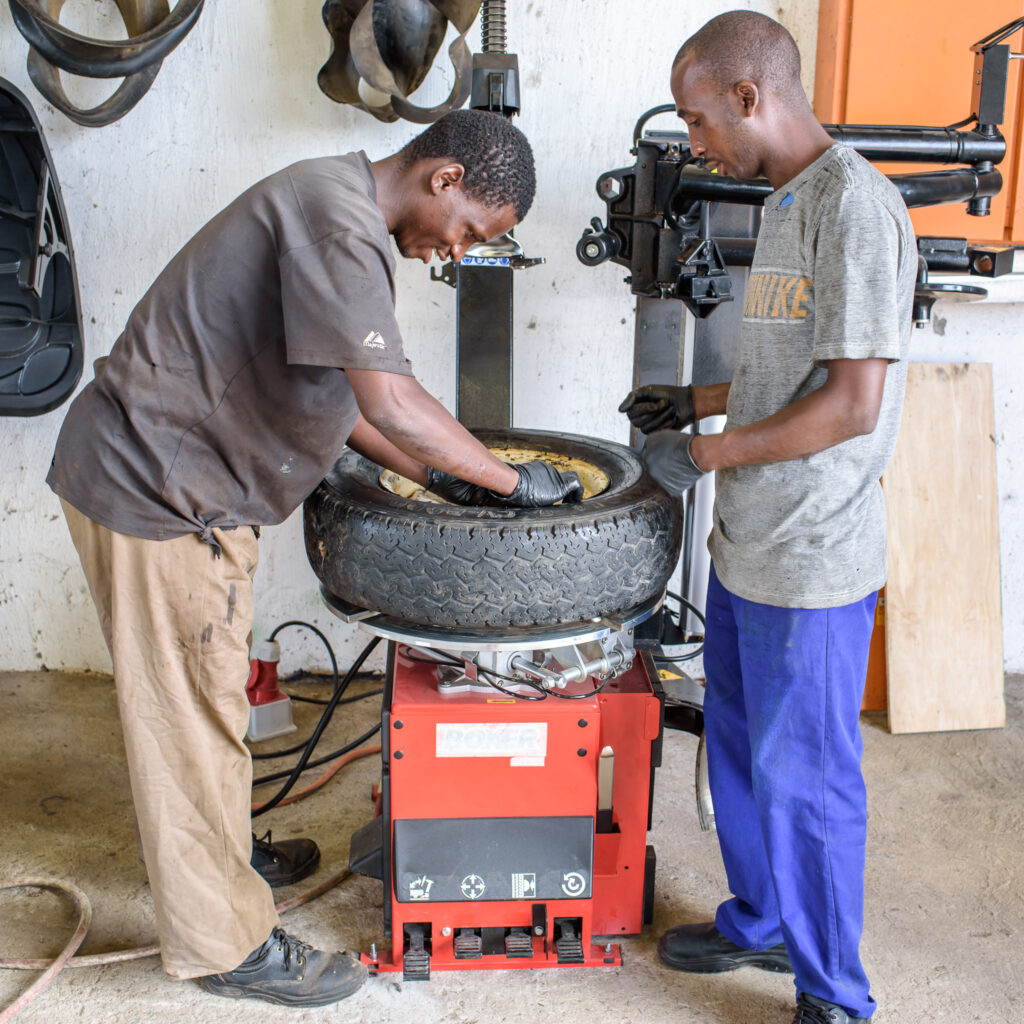
Employment leads to safety. Employment leads to hope. Employment empowers.
Heart for Africa’s mission to decrease poverty through employment
Expanding employment to lift people out of poverty, provide income and support to others through jobs is a central part of our plan to bring hope and help to the people of Eswatini. Over 400 people are currently employed at Project Canaan through our farm, Kufundza Carpentry Center, and Lusito Mechanics projects as well as Khutsala Artisans, which trains and employs local Swazis in the art of bead craft and jewelry making. Since each Swazi provides for 7 other family members on average, over 2,800 people are impacted in surrounding communities. The vocational aspect of Project Canaan includes the opportunity for training and the promise of hope. Hope for a steady income, employment and the ability to care for family in a country mired in unemployment. Work gives us purpose. It nurtures dignity and self-worth. It can mean the difference between babies left on the side of the road and a family that remains intact.

KHUTSALA™ ARTISANS
Khutsala™ Artisans provides employment for men and women from all over Eswatini. Each employee receives training in multiple areas, including but not limited to bead craft, jewelry making, ceramics, computers, inventory management, human resources and financial planning.
Khutsala Artisans began not only as a way to provide employment, but to generate funds to care for the ever-growing number of children coming to live at Project Canaan. All profits generated through sales of Khutsala Artisans merchandise go directly to support the children at Project Canaan.
Kufundza Center
Kufundza Center is a carpentry shop that produces wood products used on Project Canaan such as baby cribs, children’s beds and other pieces of furniture. Men and women are able to move through various levels of training and apprenticeship, gaining important certifications while providing necessary items to sustain the work of Heart for Africa.
The Kufundza Center produces baby cribs, children’s beds, cabinetry and other pieces of furniture used on Project Canaan. We have also expanded our training and employment reach by producing hand crafted charcuterie boards and other wood products, sold at Khutsala™ Artisans.
Lusito Mechanics
The Lusito Mechanic Project started in 2009 and was our first poverty initiative. In partnership with Mercy Tech Mission, this initiative was established to teach vocational skills to local Swazis at Project Canaan.
With the development of Lusito Mechanic Shop and the expansion of the current structure to implement this program, Project Canaan can achieve two important objectives: reduce its own reliance and expense from using outside preventive maintenance vendors while providing Swazis with a valuable and marketable skill set much needed in the surrounding communities. With over 20 vehicles, large farm equipment and other industrial machines on Project Canaan, this training program is vital to everything from keeping the cars, trucks and tractors going to providing diagnostic and repair capability. The ultimate and missional outcome is that several people each year will progress through this program, becoming trained and employable mechanics.
Training men and women from surrounding communities to be mechanics and welders will result in the ability to preserve and care for their families, while creating value for our mission.
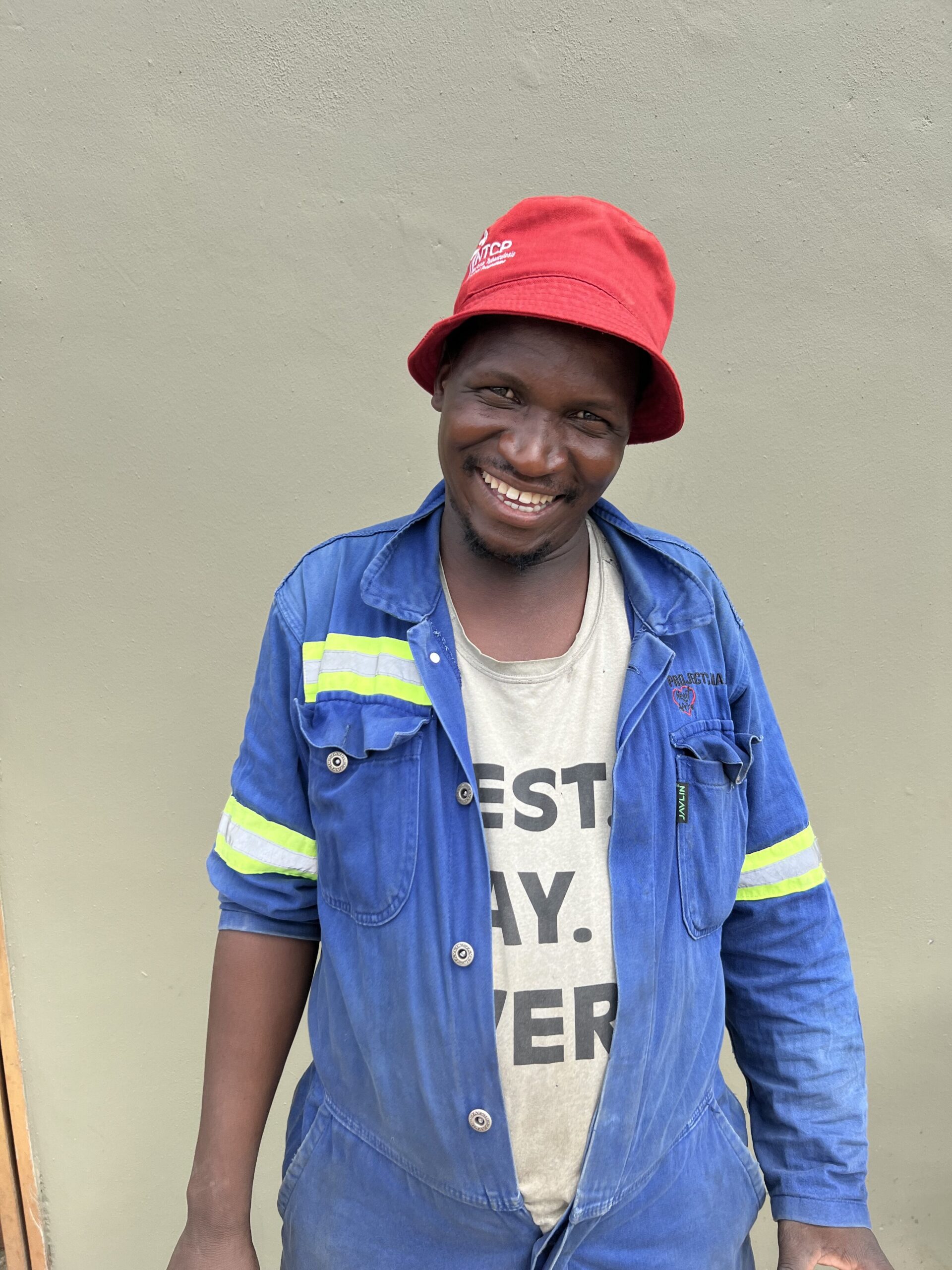
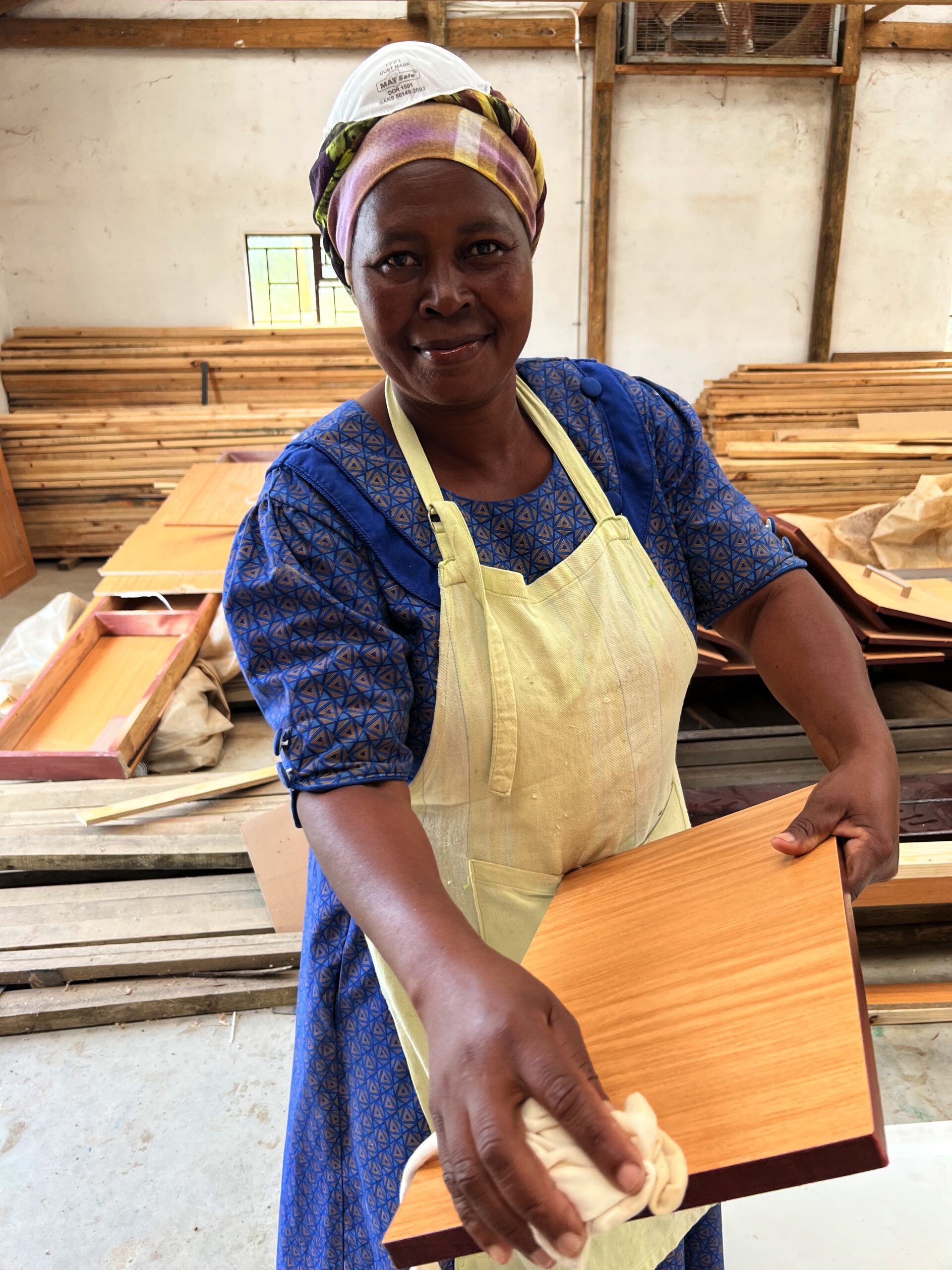

Ready to make a difference?
